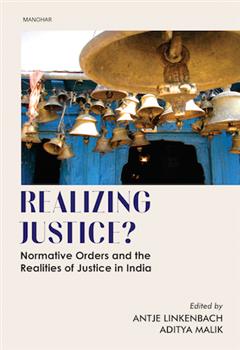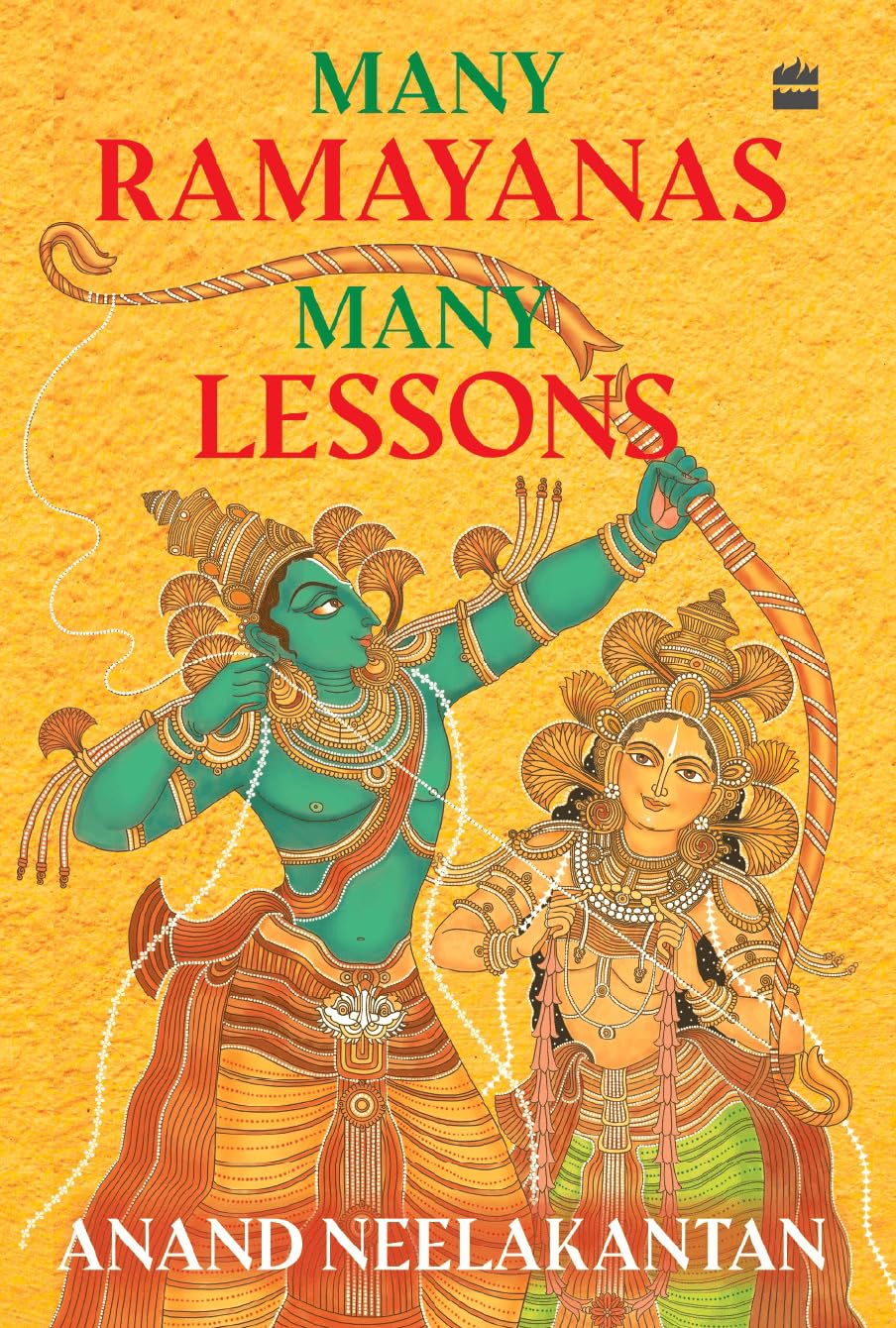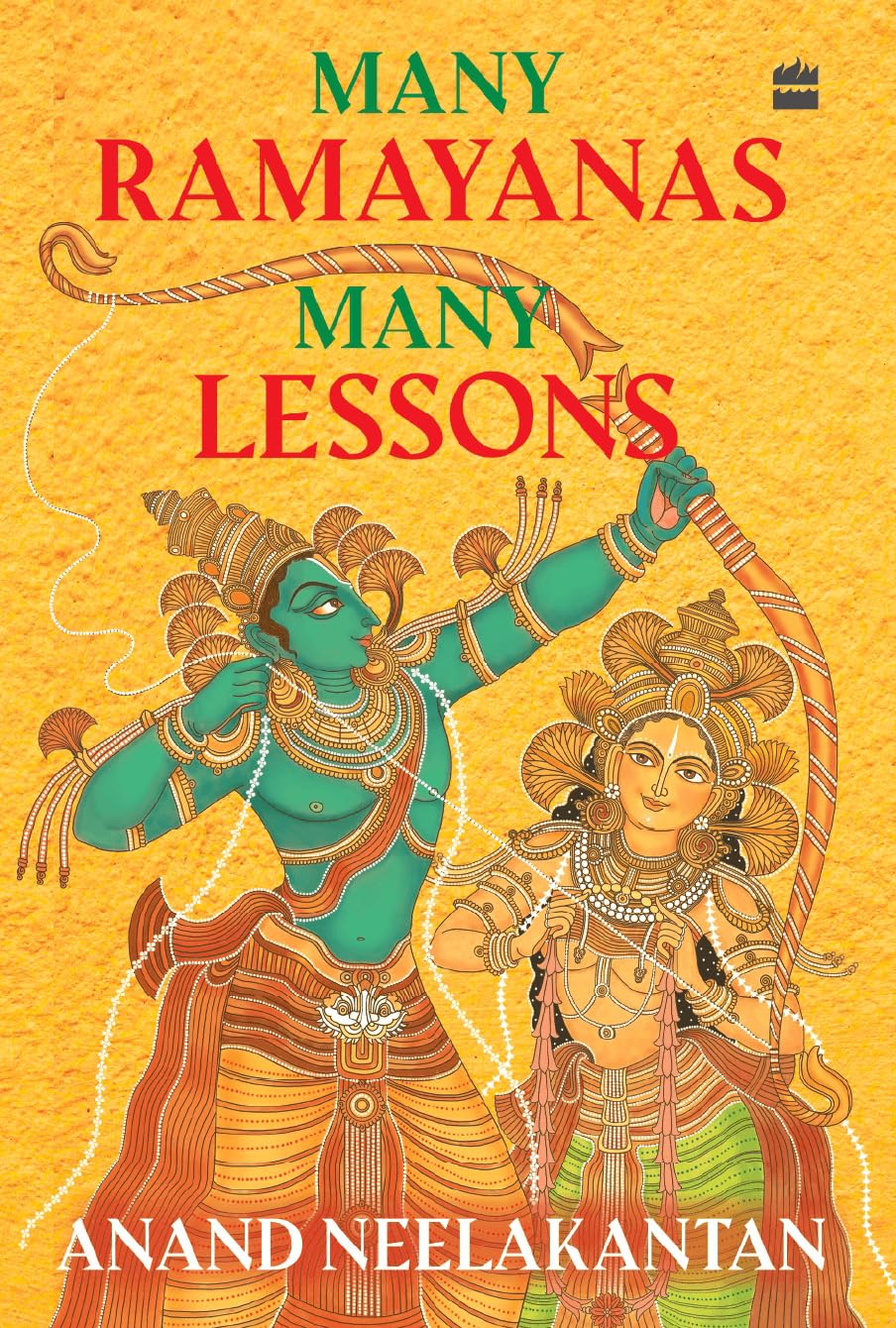SOCIETY,SOCIAL SCIEN
Featured Products
The Personal Is Political An Activist's Memoir
₹419.30
M.R.P.:₹ 599.00
You Save: ₹179.70 (30.00% OFF)
The Kaurs of 1984 The Untold, Unheard Stories of Sikh Women
₹279.30
M.R.P.:₹ 399.00
You Save: ₹119.70 (30.00% OFF)
Great LGBTQ+ Speeches Empowering Voices That Engage And Inspire
₹419.30
M.R.P.:₹ 599.00
You Save: ₹179.70 (30.00% OFF)
FATAL ACCIDENTS OF BIRTH STORIES OF OPPRESSION AND STRUGGLE
₹349.30
M.R.P.:₹ 499.00
You Save: ₹149.70 (30.00% OFF)
WAYS OF BEING INDIAN ESSAYS ON RELIGION, GENDER AND CULTURE
₹374.25
M.R.P.:₹ 499.00
You Save: ₹124.75 (25.00% OFF)
WHISTLING IN THE DARK: TWENTY-FIVE QUEER INTERVIEWS
₹499.00
M.R.P.:₹ 499.00
You Save: ₹0.00 (0.00% OFF)
Realizing Justice?: Normative Orders and the Realities of Justice in India
₹1,596.00
M.R.P.:₹ 1,995.00
You Save: ₹399.00 (20.00% OFF)

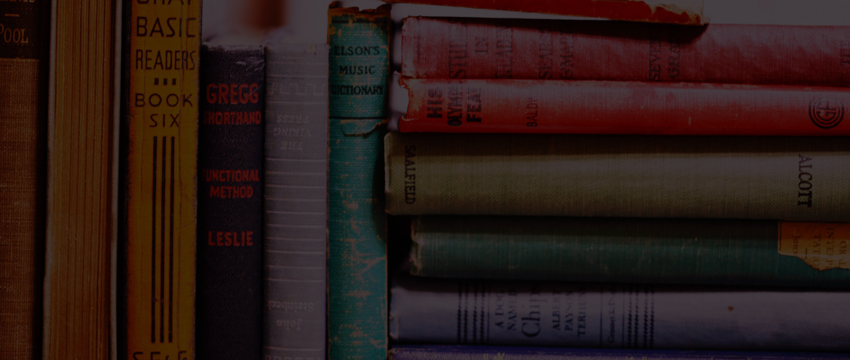
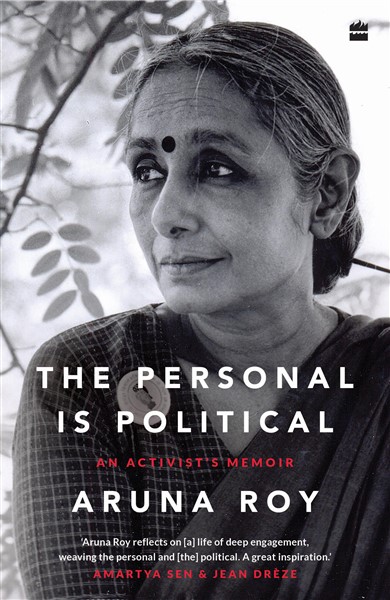
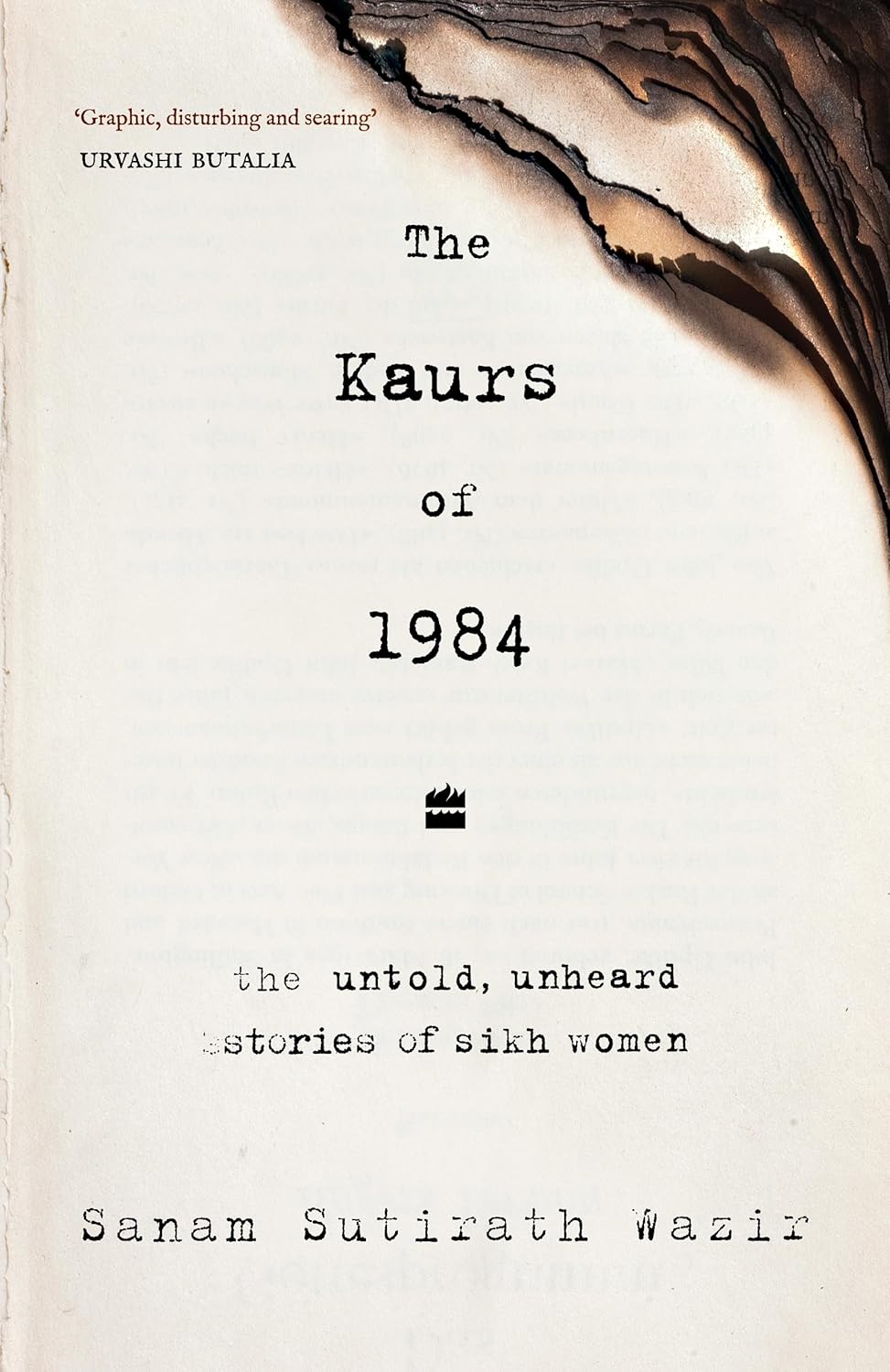
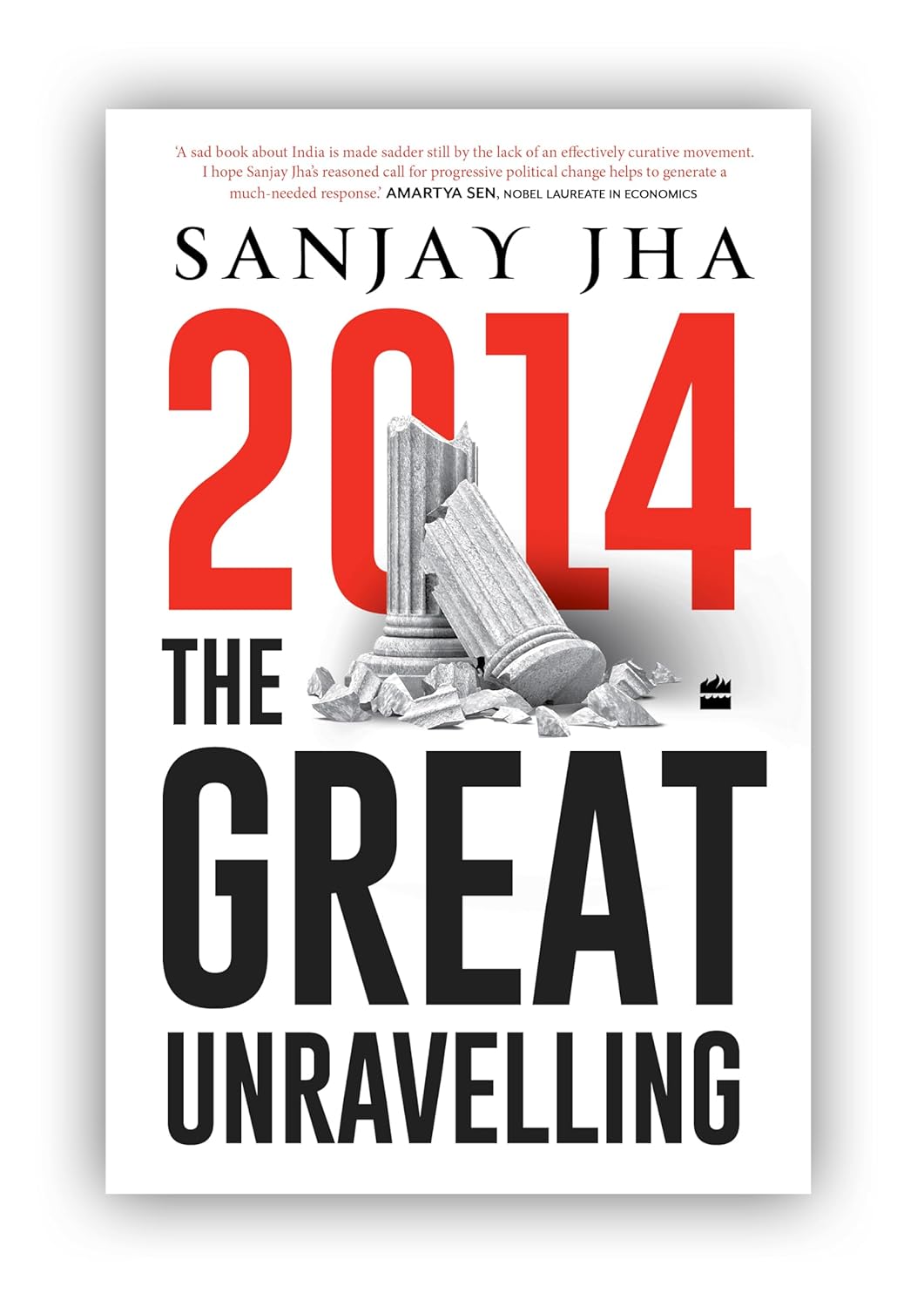
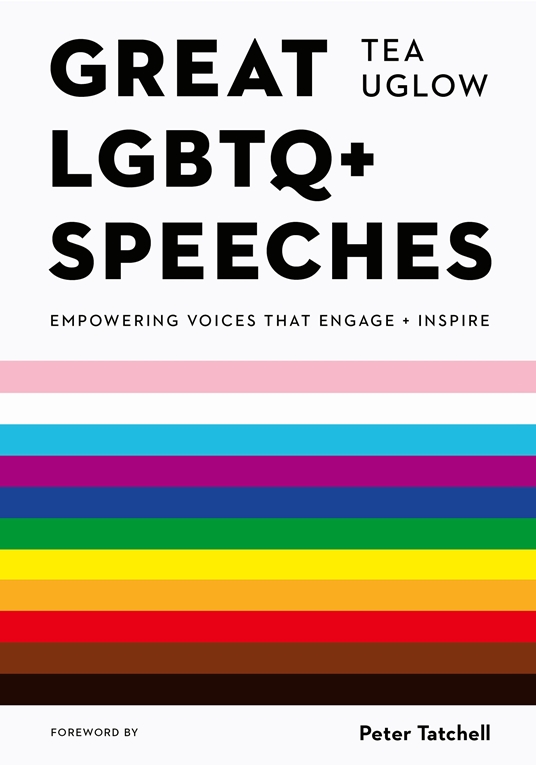
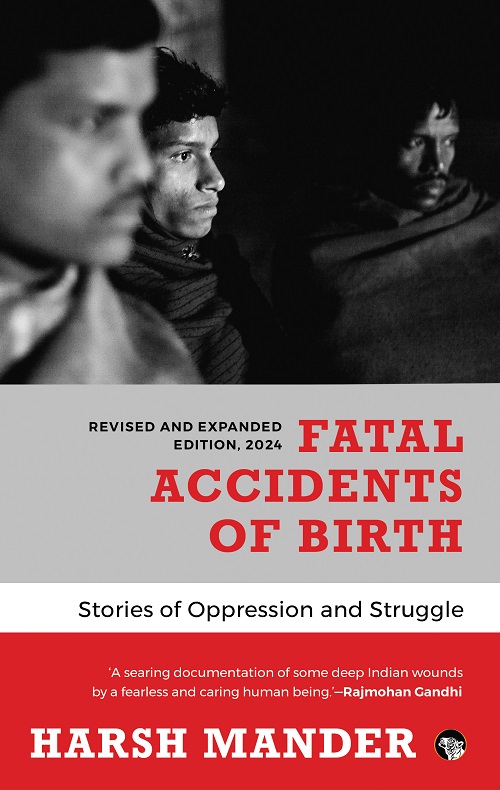
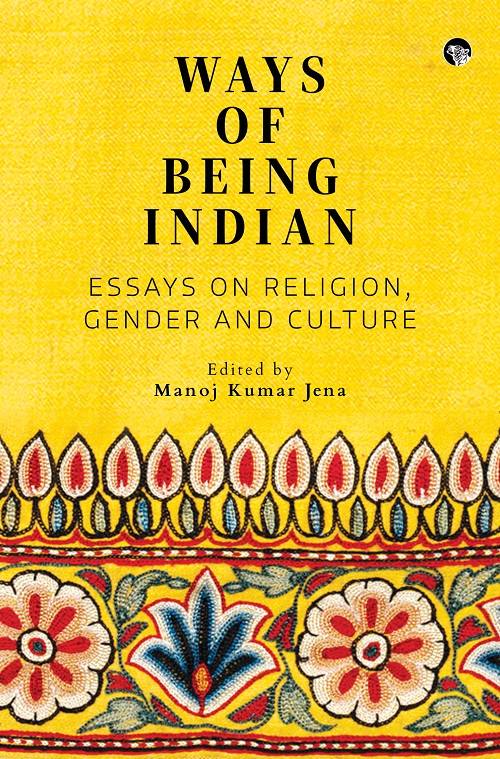
.pdf (1).jpg)
